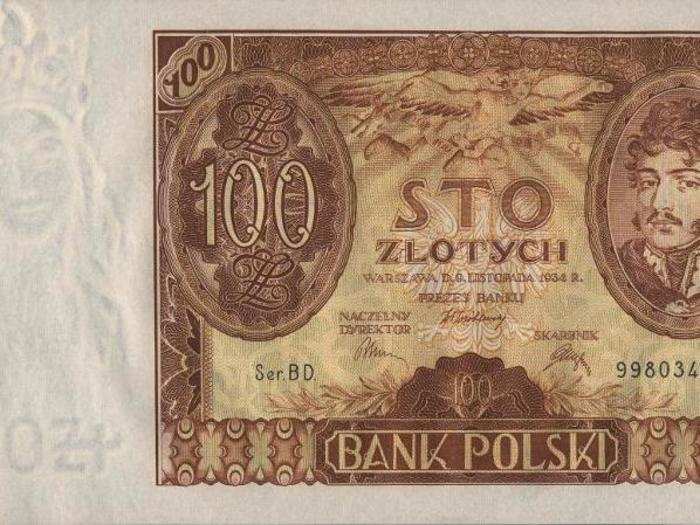- Home
- stock market
- How the world's currencies got their names
How the world's currencies got their names
Dollar

Peso
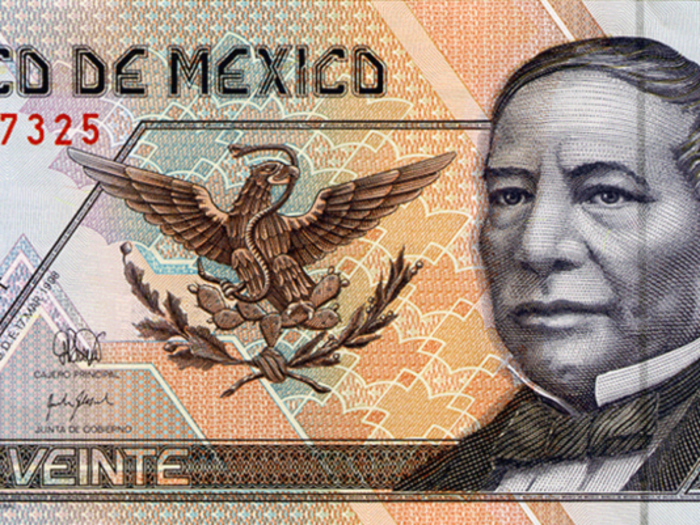
"Peso" literally means "weight" in Spanish.
Lira

The Italian and Turkish "lira" come from the Latin word "libra," meaning "pound."
Source: OxfordWords
Mark

Before the euro, the Deutsche mark and the Finnish markka also draw their names from units of weight.
Source: OxfordWords
Rial
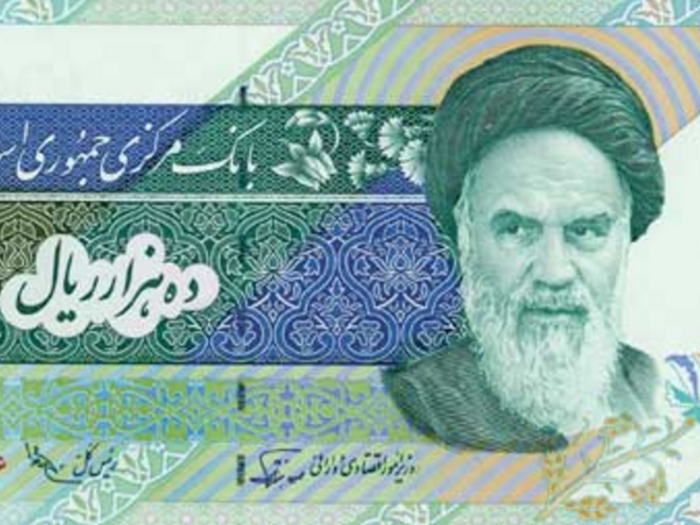
The Latin word "regalis," meaning "royal," is the origin for the Omani and Iranian "rial."
Similarly, Qatar, Saudi Arabia, and Yemen all use a currency called the "riyal." Before the euro, Spain used "reals" as well.
Source: OxfordWords
Rand

Like the dollar, South Africa's rand comes from the Dutch name for the South African city Witwatersrand, an area rich in gold.
Source: OxfordWords
Chinese yuan, Japanese yen, and Korean won
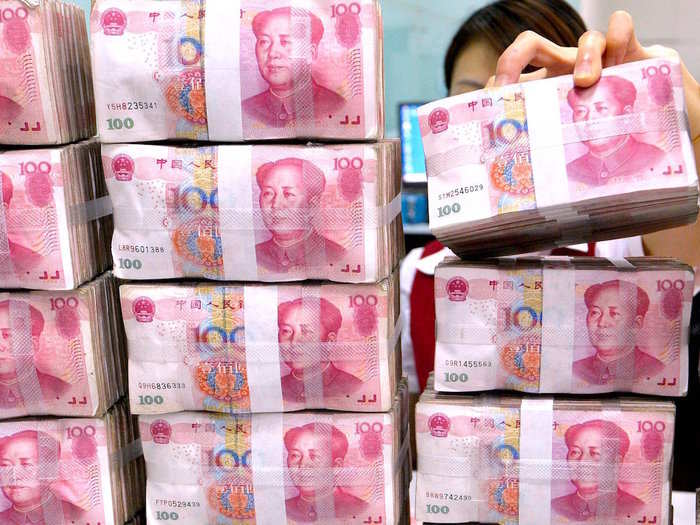
The Chinese character "?," meaning "round" or "round coin," is responsible for the name of the Chinese yuan, Japanese yen, and Korean won.
Source: OxfordWords
Crown

Many Scandinavian countries use a currency that derives from the Latin word "corona," meaning "crown."
Sweden's krona, Norway's krone, Denmark's krone, Iceland's króna, and the Estonian kroon (now replaced by the euro), and the Czech Republic's koruna all derive from the same Latin root.
Source: OxfordWords
Dinar
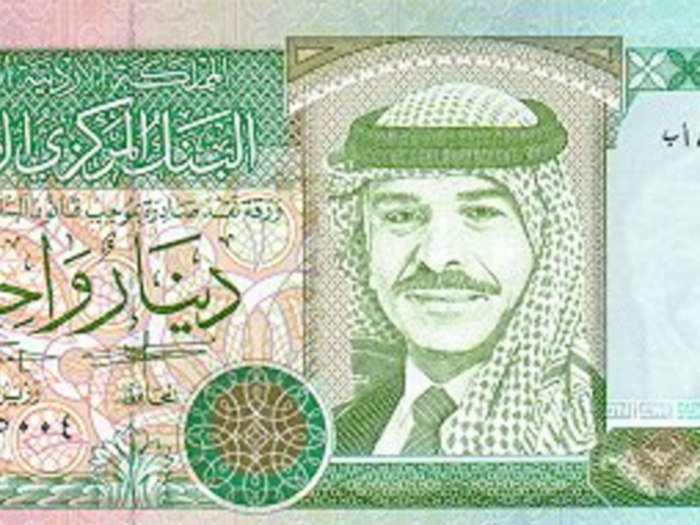
Jordan, Algeria, Serbia, and Kuwait all call their currency "dinar."
This is a pretty straightforward truncation of the Latin word "denarius," which was a silver coin used in ancient Rome.
Source: OxfordWords
Rupee

The Sanskrit word for wrought silver is "rupya," which lends its name to the Indian and Pakistani rupee, as well as Indonesia's rupiah.
Source: OxfordWords
Pound

The British pound is derived from the Latin word "poundus" meaning "weight."
Egypt, Lebanon, South Sudan, Sudan, and Syria call their currency pound.
Source: OxfordWords
Ruble

Russia's and Belarus' ruble are named after a measure of weight for silver.
Source: OxfordWords
Forint
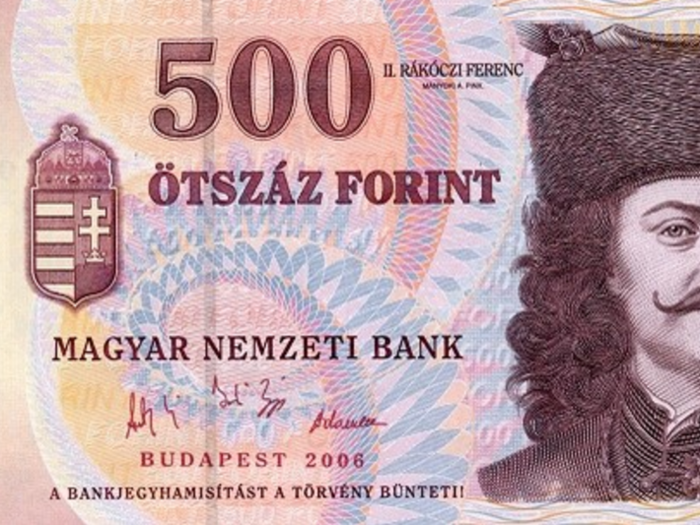
The Hungarian forint comes from the Italian word "fiorino," a gold coin from Florence.
The fiorino had a flower, or "fiore" in Italian, stamped on it.
Source: OxfordWords
Ringgit
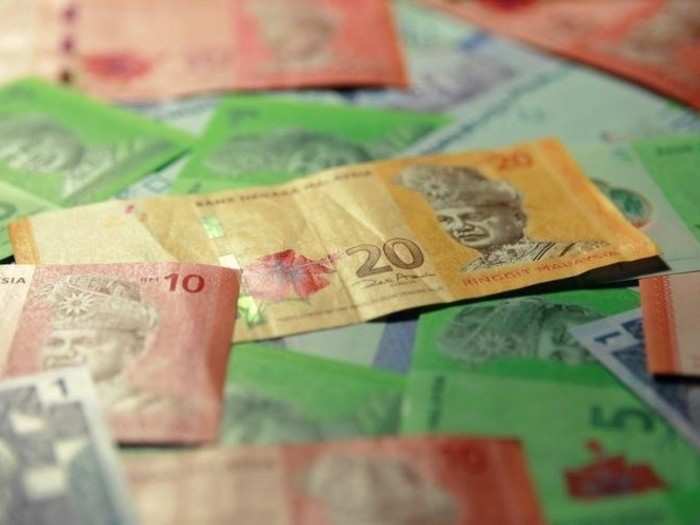
When coins were minted in precious metals, thieves would shave off small portions of the metal to create new coins.
To combat this, countries began minting coins with jagged edges.
The Malaysian word for jagged is "ringgit," the name of the currency.
Source: OxfordWords
Popular Right Now
Popular Keywords
Advertisement
